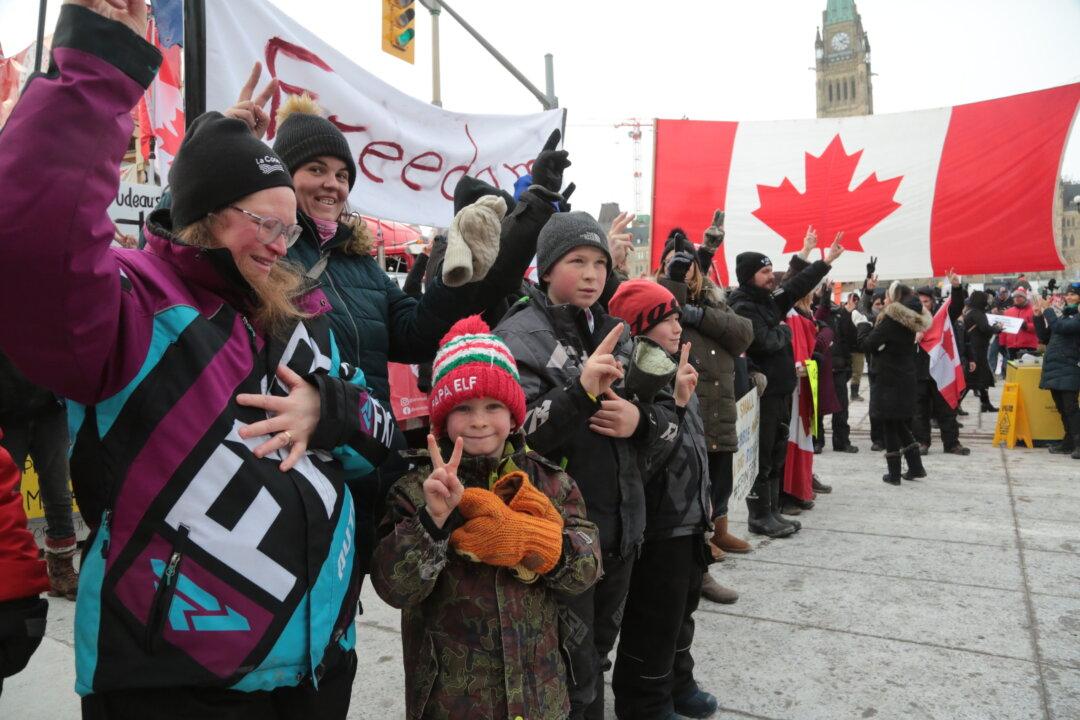Ottawa Mayor Jim Watson’s office would not take a call from the Parliamentary Protective Service (PPS) during the truckers’ Freedom Convoy early this year, the office’s acting director told a parliamentary committee on Sept. 29.
Larry Brookson told members of Parliament and senators in a joint committee that he was concerned about the large number of vehicles that were gathering on Wellington Street near the precinct of Parliament Hill during the first week of the protest that called on the Liberal government to end mandatory COVID-19 vaccine mandates and restrictions.





